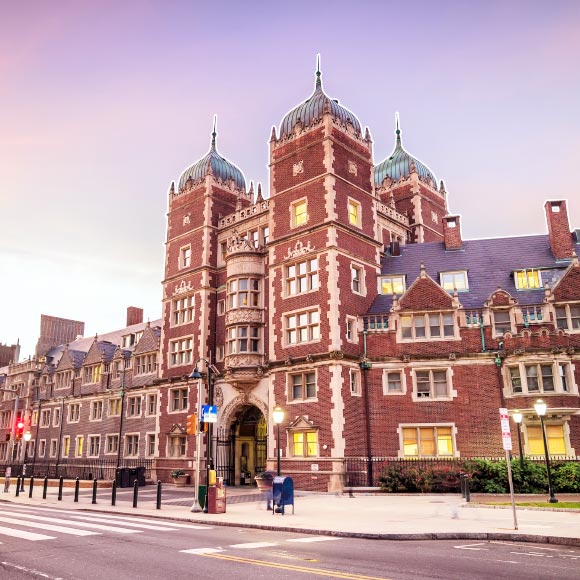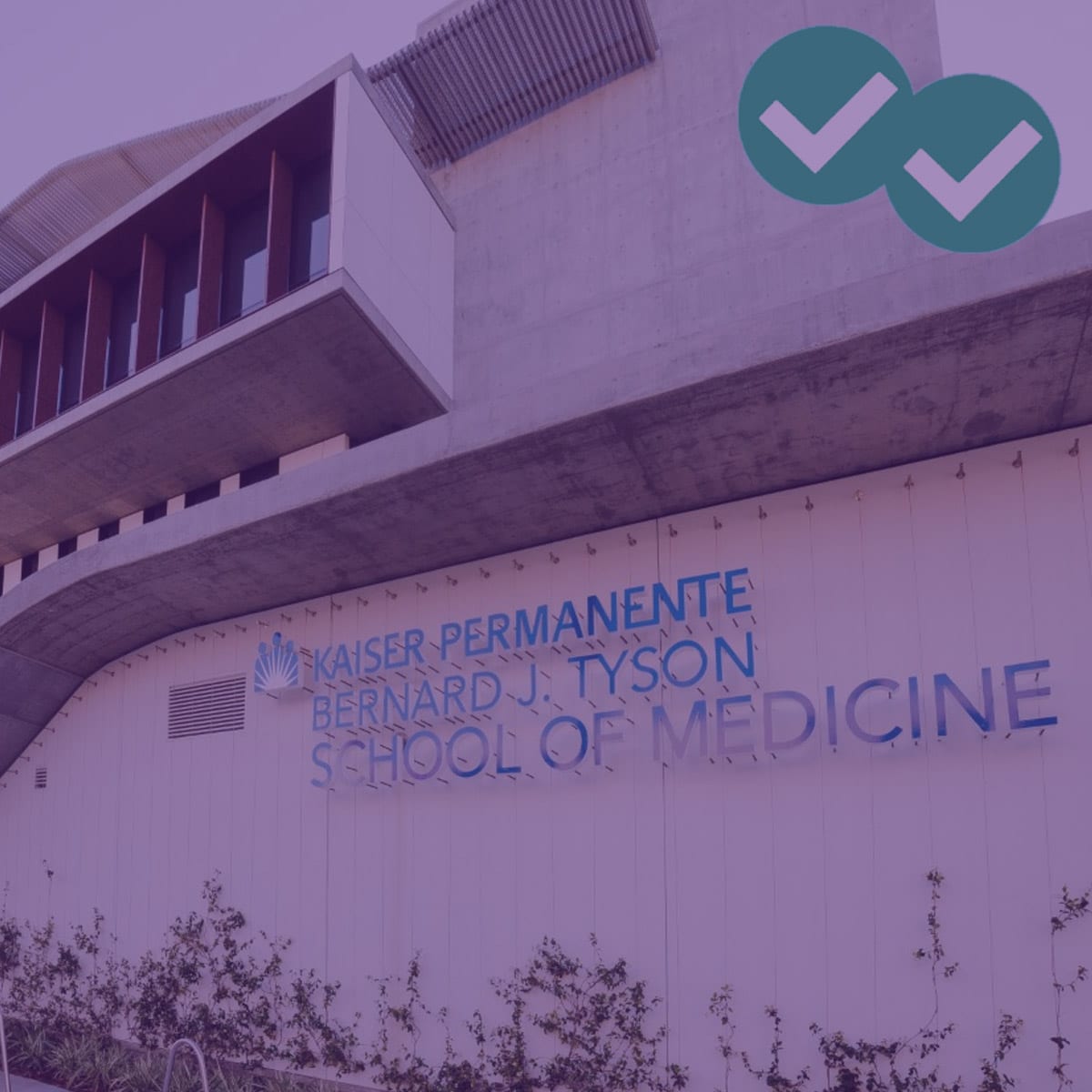Considering that there are 125 allopathic medical schools in the U.S., deciding which schools to apply to can be overwhelming, especially since selecting the right schools can make or break your chances of acceptance.
Factors to Consider When Narrowing Down Your Medical School Choices
To help you choose the best medical schools to apply to, I recommend that you consider the following factors:
• Geography: Realistically, people excel at the schools where they have the most support. Begin exploring the schools closest to you and your family. Furthermore, many medical schools prefer to accept in-state residents so you may have a stronger chance of getting in at a school near you. Finally, keep in mind that for many programs, in-state tuition is significantly less than out-of-state tuition.
• Interests: If you have years of research or clinical experience within a particular field or specialization, consider the schools that have funding and special training opportunities in your area of interest. Even better, you can network with your mentors or to reach out to principal investigators or professors of medicine at these schools to find out more about their work and how you could get involved as a medical student.
• Your qualifications: After reviewing your GPA and MCAT scores, focus on the schools where your numbers fit into their averages. You can apply to a couple of dream schools, but if you apply only to top tier medical schools when you do not have competitive numbers, you may receive only rejections. The goal is acceptance to medical school, not bragging rights to trophy schools. It’s better to receive an acceptance from a lower tier program than a drawer full of rejections from schools that were out of your reach to begin with. It’s all about strategy.
• Special programs: Some medical schools offer early acceptance programs that you may want to consider if you have competitive grades and know early in your education that you want to go to med school. For less competitive applicants, medical schools also offer conditional acceptance programs for students who do not have a strong academic background but who demonstrate potential; through this type of program, if you earn a certain GPA by a specified date, you can gain full acceptance into their school. Check out all of the programs offered by the medical schools you are interested in. They are worthy of your consideration because they offer valuable support in multiple areas and serve as clear pathways into medicine, at different points in the process.
In conducting your research, make sure you:
• Read books (like mine, The Definitive Guide to Premedical Postbaccalaureate Programs) and the AAMC’s Medical School Admissions Requirement (MSAR) Handbook
• Thoroughly scour medical school websites
• Network through premed clubs and health organizations
• Attend premed fairs
• Visit medical schools campuses
• Participate in conferences, internships, and/or shadowing affiliated with medical schools
The sooner you begin exploring the options, the more knowledgeable you will be about these schools and their various programs. As you learn more, you will develop definite opinions about what you do and don’t like. Talk to medical students and find a mentor or counselor to help guide you through the process. It’s a long complicated dance before you find the campus where you will thrive. The more specific your criteria, the more likely you will be to identify the med school that is right for you.







Leave a Reply